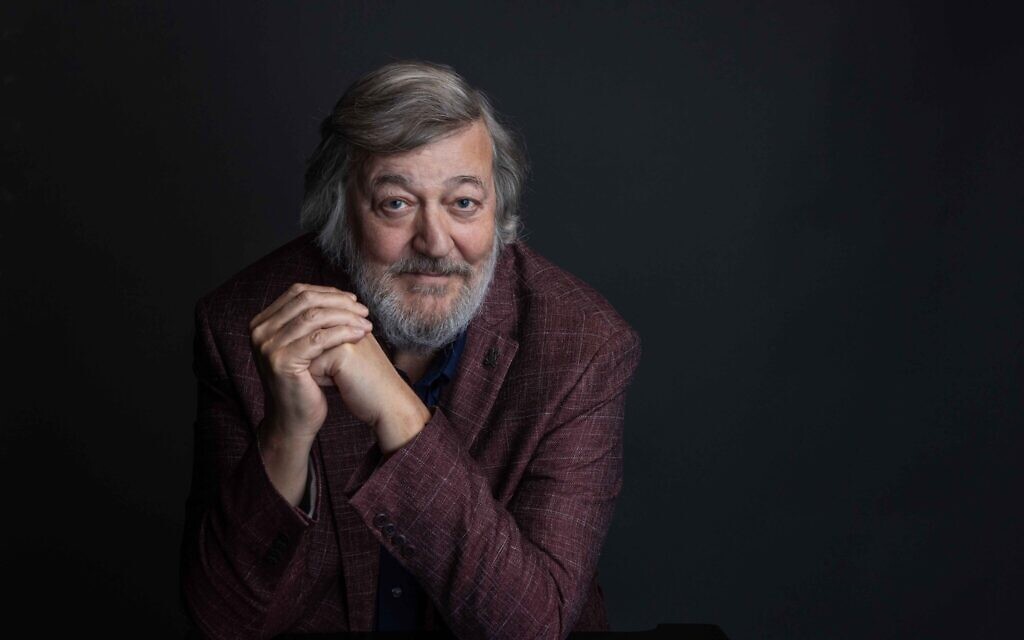Stephen Fry discovers the art of resistance
The actor and comedian visits Amsterdam to uncover the story of an act of heroism that saved many Jews from the camps
During the occupation of the Netherlands in WW2, Willem Arondeus, a painter and Frieda Belinfante, a cellist, used their artistic skills to forge identity cards that saved thousands of Jews from the death camps. This was no mean task; the Dutch had the most sophisticated identity card system in the world and they had watermarks, making them incredibly had to forge. What’s more, the Nazis had a clever backup: each card they issued had a duplicate stored in the Amsterdam Central Records Office.
Together with a group of fellow artists, Willem led a daring raid to blow up the Central Records Office and destroy the duplicate cards. There was only one proviso: no one could be harmed in the process because: “We are not like them”.
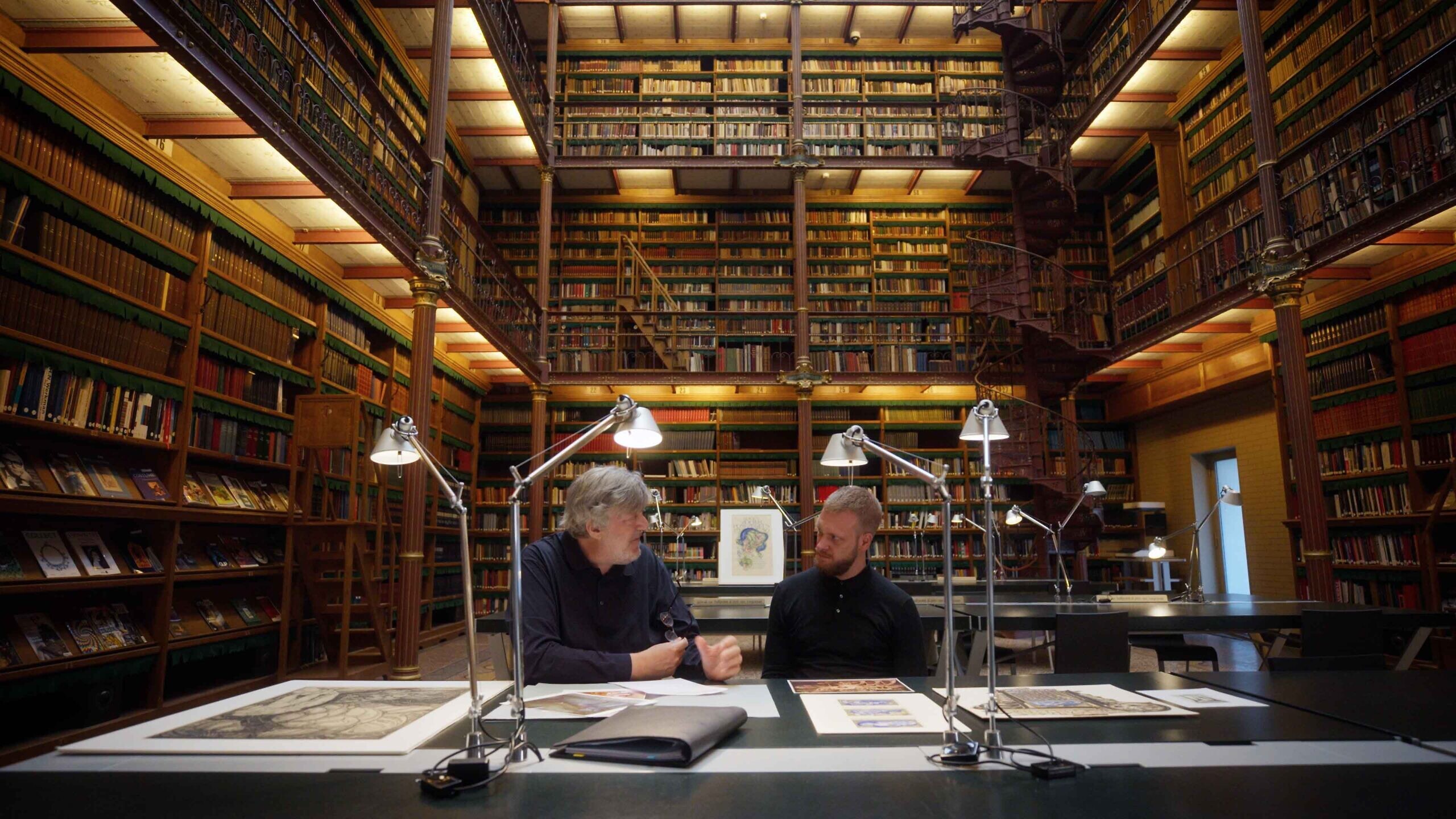
Stephen Fry went to Amsterdam to discover why this incredible story has remained largely hidden. He had never heard of Willem Arondeus and Frieda Belinfante and nor, it seems, had many Dutch people. “Gerrit van der Veen was a fellow artist and resistance member, but he is well known and has streets and schools named after him,” says Stephen. “We think of The Netherlands as this wonderfully tolerant, accepting country with all kinds of progressive ideas, but you could say that Willem and Frieda weren’t celebrated until recently because they were gay.”
Get The Jewish News Daily Edition by email and never miss our top stories Free Sign Up
This made the story deeply personal to Stephen and he was naturally drawn to them. “If I weren’t gay and I weren’t Jewish, would I have the same deep sense of wanting to oppose injustice, the same sense of being apart from the main run of humanity? It’s impossible to answer, because your whole identity is bound up in so many different things, but one’s minority status does open up a questioning and inspection of the world.”
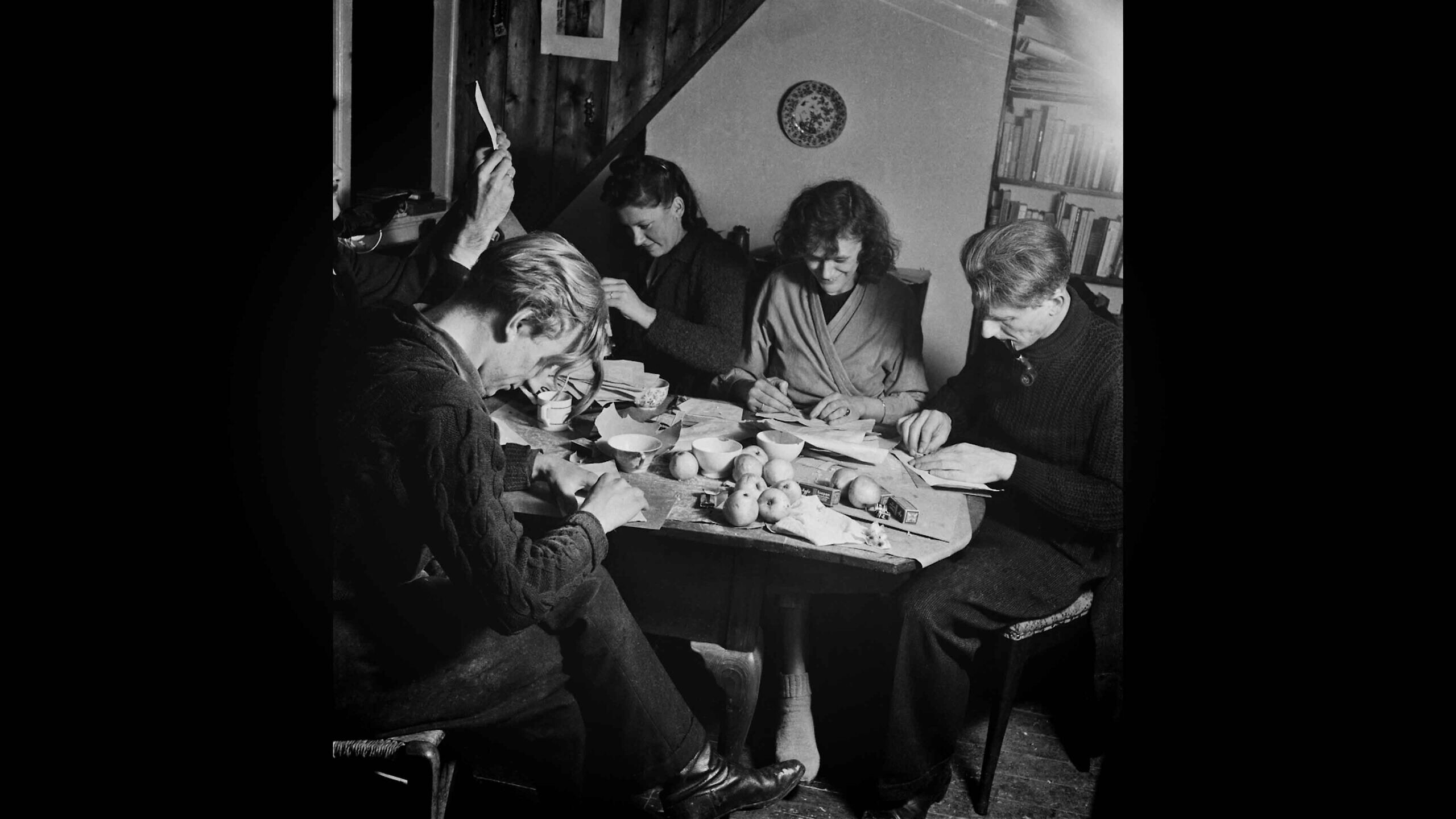
Stephen says that that war gave Willem and Freida the opportunity to fight for their ideals. “It was a mixture of being able to fight for what they believed in, for the freedom of the oppressed and the Jews in particular, but also a way to belong, as they were both gay. Willem had been thrown out by his family when he came out aged 17, and he left his lover because he didn’t want to involve him in the danger that he was embarking on, so he got himself a family, and gay people have always looked for a family.”
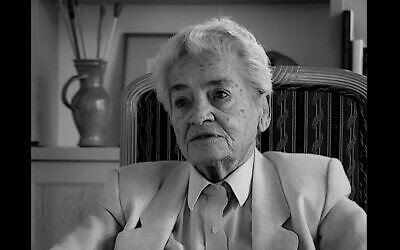
Frieda had a flourishing career as a conductor but she was outraged by injustice and cruelty and had once suggested forging the papers of a lover who was a Russian girl, so she was always a bit transgressive. She’d exhibited courage by living more or less openly as a lesbian with lovers, and she was infuriated by the Philistine hypocrisy of the Nazis, who were anti-art but loved to go to concerts and pretend to enjoy them.
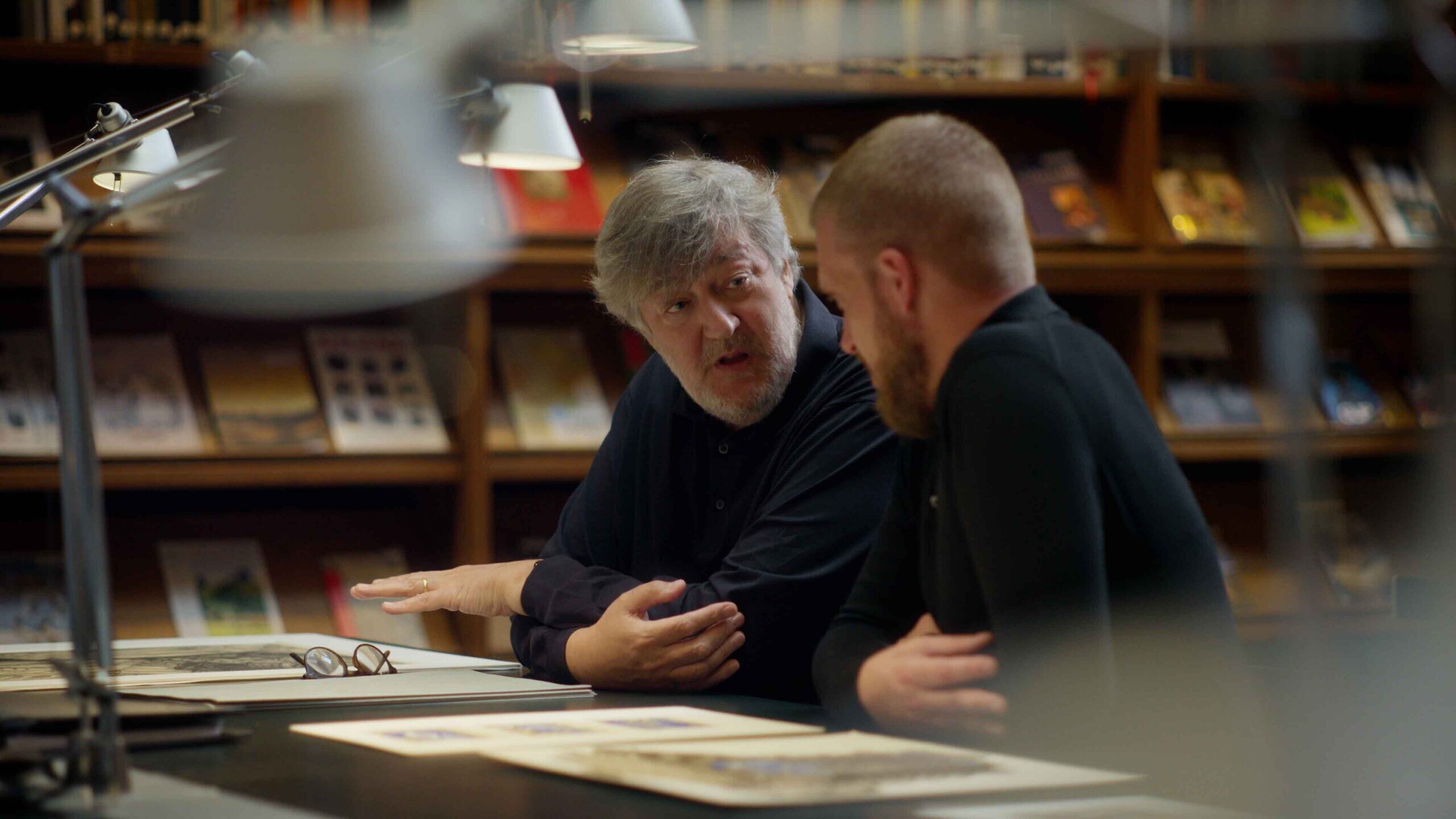
The element of trust was absolutely key to the plan. Money was needed for the paper for the forgeries. Henry Heineken was the richest man in the country and on the board of the Dutch orchestra Concertgebouw, for whom Frieda had played. She sounded him out and found she had his absolute support, but he couldn’t get to his money: huge bank withdrawals would have alerted the Nazis, who had control of the Heineken brewery’s profits. Frieda had a brilliant idea: he could buy her cello and pay a huge amount for it – 1000 Euros. The Nazis would be none the wiser. “This makes me feel better about drinking Heineken!” says Stephen.
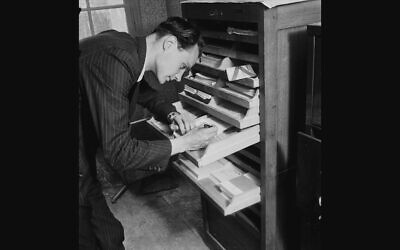
Among the resistance artists were writers and printers but, Stephen explains, the problem was that Jews had identity cards with a big J on them. “Someone had a friend at the registry who got a few out-of-date copies to them, and they started to learn how to do forgeries. However when some of the forged passes were discovered, the authorities were alert to it and could call up the registry and ask about the duplicate of the pass. Someone said: well, if there’s no registry, how do they check the papers? Let’s just blow it up with an incendiary bomb! I’m filled with admiration for that extraordinary bravery.”
They were determined, however, that no one should die in the registry bombing. “This is the difference between the Nazis and the humanitarian poofter artists: you can laugh at us as much as you like, but we actually care about people and about the world. In the end, the way people are treated is the thing, and the artists understood that instinctively,” says Stephen
The bombing itself worked better as propaganda than as a genuine hindrance, because there were other registries in other cities and only about 20 percent of the documents were burned in the raid.
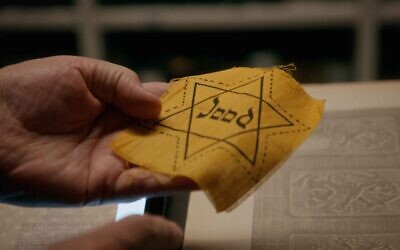 Stephen says: “I’d love to meet Willem and Frieda and tell them a bit about the present day, that I’m a man who married another man, and that The Netherlands was the first country to allow that. I’d tell them that their little part in that journey towards a more accepting and better world has now been noted.”
Stephen says: “I’d love to meet Willem and Frieda and tell them a bit about the present day, that I’m a man who married another man, and that The Netherlands was the first country to allow that. I’d tell them that their little part in that journey towards a more accepting and better world has now been noted.”
Stephen Fry – Willem and Frieda: Defying the Nazis was on Channel 4 on Thursday 2 March and can be found on catchup
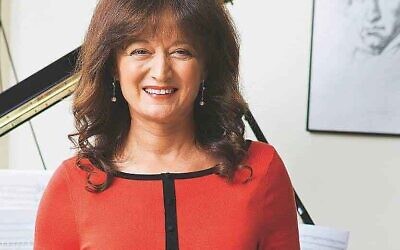 Music to Jewish Ears
Music to Jewish Ears
The music for this documentary has been composed by Debbie Wiseman OBE, one of the UK’s most successful female music ambassadors. She has worked with Stephen Fry before, bringing to life Oscar Wilde for the big screen, plus her wok can be heard on many tv programmes including Andrew Marr’s show on Sunday mornings, Wolf Hall and Joanna Lumley’s Nile. Debbie was one of 11 composers chosen to compose music for the Queen’s Diamond Jubilee Pageant in 2012 and was commissioned to compose music for the Queen’s 90th Birthday Celebration in 2016. She was awarded the OBE for services to music in 2018 and was voted the most popular living composer in Classic FM’s Hall of Fame 2022. She is now working on compositions for the King’s Coronation on 6 May.

Thank you for helping to make Jewish News the leading source of news and opinion for the UK Jewish community. Today we're asking for your invaluable help to continue putting our community first in everything we do.
For as little as £5 a month you can help sustain the vital work we do in celebrating and standing up for Jewish life in Britain.
Jewish News holds our community together and keeps us connected. Like a synagogue, it’s where people turn to feel part of something bigger. It also proudly shows the rest of Britain the vibrancy and rich culture of modern Jewish life.
You can make a quick and easy one-off or monthly contribution of £5, £10, £20 or any other sum you’re comfortable with.
100% of your donation will help us continue celebrating our community, in all its dynamic diversity...
Engaging
Being a community platform means so much more than producing a newspaper and website. One of our proudest roles is media partnering with our invaluable charities to amplify the outstanding work they do to help us all.
Celebrating
There’s no shortage of oys in the world but Jewish News takes every opportunity to celebrate the joys too, through projects like Night of Heroes, 40 Under 40 and other compelling countdowns that make the community kvell with pride.
Pioneering
In the first collaboration between media outlets from different faiths, Jewish News worked with British Muslim TV and Church Times to produce a list of young activists leading the way on interfaith understanding.
Campaigning
Royal Mail issued a stamp honouring Holocaust hero Sir Nicholas Winton after a Jewish News campaign attracted more than 100,000 backers. Jewish Newsalso produces special editions of the paper highlighting pressing issues including mental health and Holocaust remembrance.
Easy access
In an age when news is readily accessible, Jewish News provides high-quality content free online and offline, removing any financial barriers to connecting people.
Voice of our community to wider society
The Jewish News team regularly appears on TV, radio and on the pages of the national press to comment on stories about the Jewish community. Easy access to the paper on the streets of London also means Jewish News provides an invaluable window into the community for the country at large.
We hope you agree all this is worth preserving.
-
By Brigit Grant
-
By Laurent Vaughan - Senior Associate (Bishop & Sewell Solicitors)
-
By Laurent Vaughan - Senior Associate (Bishop & Sewell Solicitors)
-
By Laurent Vaughan - Senior Associate (Bishop & Sewell Solicitors)
-
By Laurent Vaughan - Senior Associate (Bishop & Sewell Solicitors)


